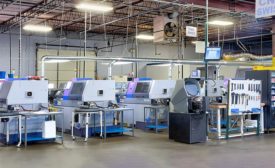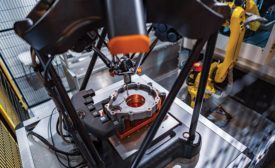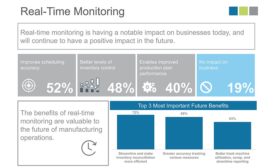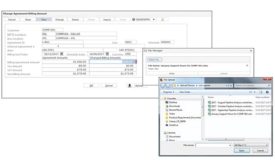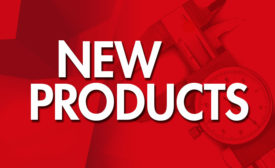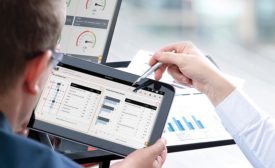Home » enterprise resource planning (ERP)
Articles Tagged with ''enterprise resource planning (ERP)''
ERP systems can vary widely in size, scope, features, and functionalities, depending on the needs of different manufacturers.
Read More
Automation: The Future of Manufacturing Is Here
Automation is especially useful in areas where manufacturers struggle to find enough skilled machinists to grow their business.
August 1, 2020
How to Decide on your Next Gage Management Solution
Three paths to consider.
March 1, 2019
How High-Performing Medical Manufacturers Turn Quality into Growth
Some manufacturers excel at reducing the latency between capturing data and turning it into valuable insights.
February 8, 2019
Quality Case Study: Perfection is Important
The Haas F1 team took a strategic approach to the challenge of quality inspection and reporting.
December 3, 2018
ERP Software: Get Thee to the Cloud—or Get Left Behind
ERP software vendors still provide on-premise and mixed ERP options for manufacturers, but the future is in the Cloud.
January 8, 2018
Connecting Through the Cloud
Data aggregation allows manufacturers to see previously invisible problems across the enterprise.
August 1, 2017
Stay in the know with Quality’s comprehensive coverage of
the manufacturing and metrology industries.
eNewsletter | Website | eMagazine
JOIN TODAY!Copyright ©2024. All Rights Reserved BNP Media.
Design, CMS, Hosting & Web Development :: ePublishing
